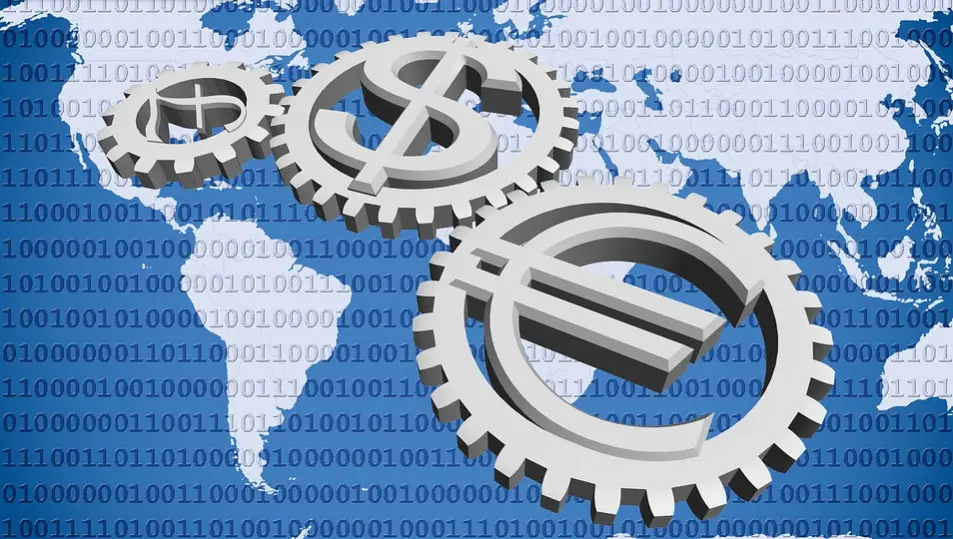Before describing barriers in international marketing, I would like to say what is international marketing.
International marketing is the activity, institutions, and processes across national borders. It creates, communicates, delivers and exchanges offerings that have value for the stakeholders and society.
In the case of international marketing, there exist a lot of barriers. Some are avoidable and some may not.

The barriers in international marketing are described below:
1. Cultural and social barriers:
Culture and social forces can restrict international trade. However, one country’s culture consists of its general concept and values and tangible items such as food, clothing, and building, etc. The country’s social forces include family, education and religion and custom. Selling products from one country to another is sometimes difficult if the culture of these two countries differs significantly.
2. Political barriers:
The political climate of the country plays a major impact on international trade. The political violence of the country may change the attitudes towards the other country at any time. And its impact can create an unfavorable atmosphere for international business from one country to another.
3. Tariffs and restrictions :
Tariffs and trade restrictions are also barriers to international trade from one country to another. They are discussed below:
• Tariffs: a duty or tax levied on goods brought into a country. Tariffs can be used to discourage foreign competitors from entering a digestive market.
• Quotas: a limit on the amount of a product that can leave or enter a country.
• Embargoes: a total ban on certain imports or exports. The embargo may hamper exporting countries to do business in importing countries.
4. Boycotts:
A government boycott is an absolute prohibition on the purchase and importation of certain goods from other countries. If the importing countries’ government boycotts the import of any items, it will be another barrier for exporting countries.
5. Standards:
No- tariffs barriers of this category include standards to protect health, safety and product quality. However, if the product quality doesn’t match the importing countries’ product standards, it’ll be a barrier for exporting countries to launch or export their products.
6. Anti-dumping penalties :
It is one kind of good practice whereby a producer intentionally sells its products for less than the cost of the product in order to undermine the competition and take control of the market. If exporting countries business players adopt this strategy, they may fall under the anti-dumping penalties.
7. Monetary barriers:
There are three such barriers to consider exporting countries. These may play as monetary barriers.
• Blocked currency
• Differential exchange rate
• Government approval for securing foreign exchange
8. Administrative policies:
Bureaucratic rules or administrative procedures – both exporting country to importing country– make international marketing harder. Some countries like Bangladesh too lengthy formalities that exporters and importers have clear.
9. Considerable diversities
All countries have their own unique civilization and culture. Thus, this poses special problems for international marketers. Global customers exhibit considerable cultural and social diversities in terms of needs, preferences, habits, languages expectation, buying capacities, buying and consumption patterns and so forth social and personal characteristics of customers of different nationalities are real challenges to understand and incorporate. For exporting countries, it is hard to understand the behavior of customers of German.
Language and religious diversities are the real challenges for international business players. To enter into the international market, exporting countries need to consider these diversities.
10. Norms and ethics challenge:
Ethics refers to the moral principles, standards, and norms of conduct governing individual and firm behavior. They are deeply reflected in formal and regulations. Every market has different codes of conduct to operate a business that international business players have to observe… However, the globalization process has emphasized some common ethics worldwide. Corruption is another issue of business ethics for both countries.
11. Terrorism and racism:
Terrorism is a global issue, a worldwide problem. People of the world are living under constant fear of terrorists attracts anywhere in the world. To trade internationally is not economically risky but there is a threat of life for international business players. Racism also restricts international trade activities.
12. Other Difficulties:
• Changing ecological environment and global warming
• The difference in weathers and natural climates
• Inappropriate or inadequate role of international agencies supporting and regulating international trade
• Natural and man-made calamities
• The difference in currencies and marketing methods
• Protectionist approach
• Economic crisis across the globe
